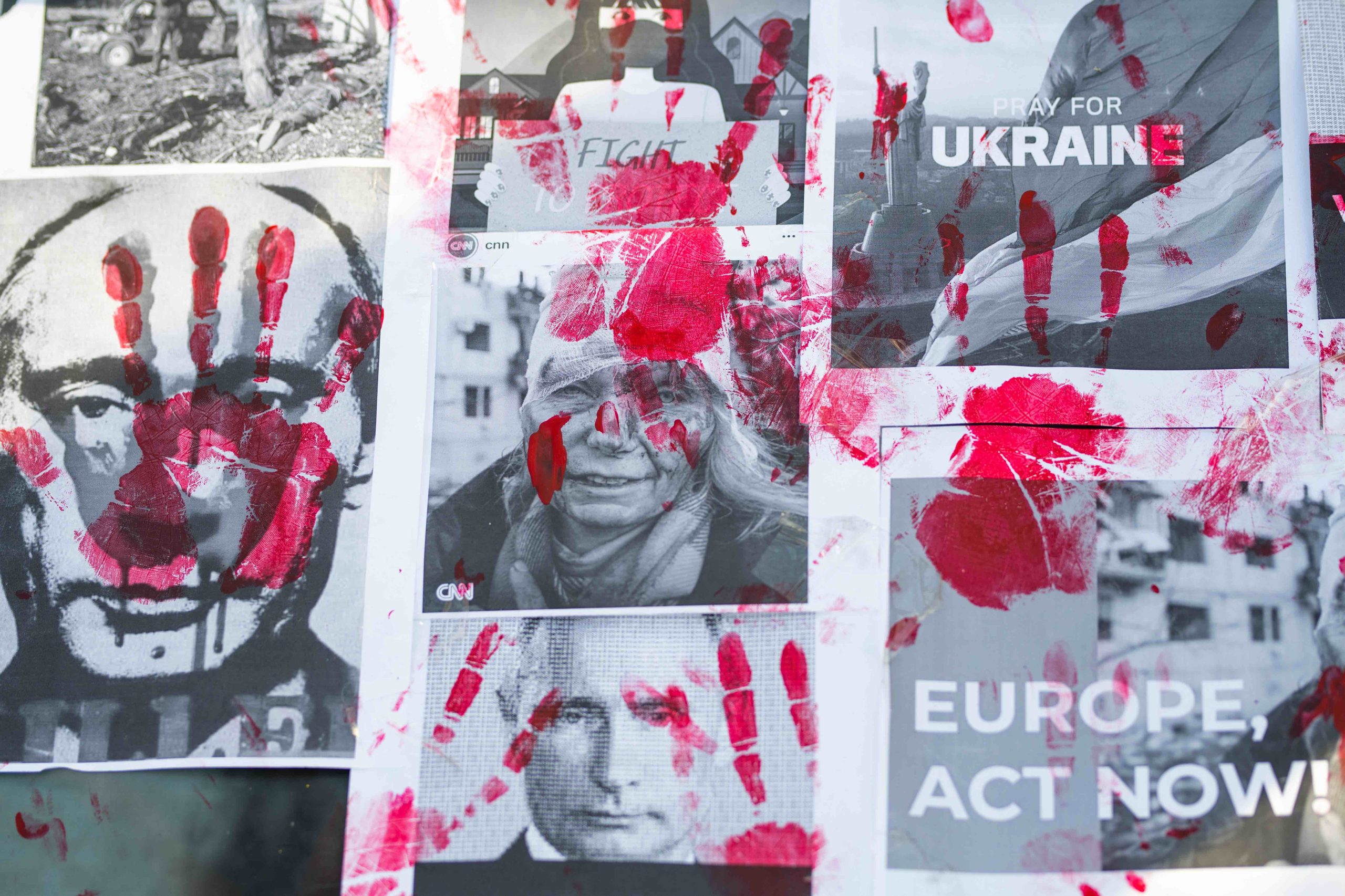
Read more
Blog, Mobility Practices and Processes
The constrained displacement of asylum-seekers in France: how emergency became a long-lasting policy
The ‘refugee crisis’ and the solution of dispersal During the 2015 “refugee crisis” in Europe, temporary transit centres emerged in France as a tool to prevent urban street camps – mainly the ones of...
In 2022 Europe experienced the largest refugee influx since World War II. Europe’s response to the Ukrainian refugee movement drew positive headlines at first. Later, however, frustration and disappointment prevailed. The oft-invoked paradigm shift toward a humanitarian refugee policy failed to materialise. Instead, the first ever activation of the EU Temporary Protection Directive triggered a debate about preferential treatment of Ukrainian refugees, who are legally treated as equal to recognised refugees without having to go through an asylum procedure. Europe’s extraordinary openness to Ukrainian refugees illustrates, in the eyes of many, how unequal the treatment of different asylum seekers is. Migrant organisations in particular regard it as a betrayal of the universalist promise of refugee law, according to which all those in need of protection are to be treated equally. Yet, strictly speaking, the modern refugee regime has never explicitly articulated such a promise, let alone delivered on it.
Of course, in an obvious literal sense of the term the refugee regime is ‘universal’ in that it applies ‘universally’ to all refugees. In a more substantive sense, however, the Refugee Convention’s concept of refugee is far from universal. Indeed, even before the adoption of the Convention in 1951, non-European states complained that the focus on “persecution” as a central requirement for recognition of refugee status reflected the priorities of Europe or the West and failed to recognise the reality of refuge and displacement in other continents. As Mayblin points out: “Starting with the establishment of the League of Nations High Commissioner for Refugees (HCR) in 1921 (to deal with refugee created as a result of the 1917 Russian Revolution), and culminating with the establishment of the United Nations High Commissioner for Refugees (UNHCR) in response to the legacy of WW2, the modern refugee regime is (…) historically European”.
Few today would dispute that the modern refugee regime is historically linked to European interests and values; what is less well known though is that it has had an important political function: acknowledging the status of refugee implicitly expressed a condemnation of the political system from which people fled. Condemnation was directed against the Soviets and their allies, not against the former colonies (from which most asylum seekers come today). In the logic of the Cold War, people fleeing a communist country were considered emblematic of the legal and moral superiority of the Western political system, and for that reason too were welcomed without reservation.
While the adoption of the Refugee Convention was more than half a century ago, it does not take much imagination to see a similar pattern in Europe’s particularly generous reception of Ukrainian refugees. The remarkably unanimous decision by EU states to grant refugees from Ukraine swift and uncomplicated protection can be seen as expressing condemnation of Russia in a way that no other form of granting refuge (e.g., through subsidiary protection) would; the underlying argument being that Ukrainian refugees in the EU do not go through a regular asylum procedure because they are fleeing a war of aggression instigated by the current greatest enemy of European legal and political values: Vladimir Putin’s Russia. Results of a recent survey provide support for this view: Particularly in regional neighbours such as Poland, the perception of an existential threat due to geopolitical and historical concerns with Russia has led to a more positive attitude toward Ukrainian refugees.
This kind of politicisation of asylum has attracted some criticism. The tenor of the criticism is that the need for protection has nothing to do with friend-foe schemes and that other war refugees, for example from Syria or Afghanistan, are no less worthy of protection than Ukrainians. One possible misconception here consists in assuming that the strikingly positive attitude toward Ukrainian refugees would harm other refugee groups or even make them worse off. Some even argue that the prioritisation of Ukrainian refugees over other refugees is based on a racist logic. While there is no doubt that public acceptance of asylum seekers is shaped by various factors including racism, it is difficult to see how the remarkably positive attitude toward Ukrainian refugees can be attributed only to prejudices against other asylum seekers. Racist prejudices may explain why refugees from other regions are less welcome, but they are far less likely to account for the high level of solidarity with Ukrainian refugees, which I argue depends on the degree of politicisation. Yet, what is potentially encouraging about the politicisation of refugee migration is that, in the long run, it may help to broaden the scope of refugee rights. Take post-war Europe: it is difficult to imagine how the refugee regime could have emerged if Western European states had not looked at refugees through the ideological lens of the Cold War. More bluntly: Without a Soviet image of the enemy, it would probably never have been possible to gain sufficient social support for the introduction of binding provisions for the admission of refugees.
Admittedly, a humanitarian conception of refugees has the advantage of not drawing legally contentious lines between people seeking refuge – but it is unlikely to sufficiently motivate citizens to support a more inclusive asylum policy under current conditions. A political conception of refugees, on the other hand, has far greater motivational power, especially in times of international tensions. It is more likely to mobilise resources of solidarity with victims of aggressive, undemocratic, and illiberal regimes. Most recently, the politicisation of refuge benefited Ukrainian refugees in particular; in the future, it could also benefit Afghan women or Iranian dissidents. For solidarity with refugees need not necessarily emanate from a sense of threat from geographically proximate enemies. It can also be rooted in emotionally charged forms of resistance to distant political enemies. In this sense, it is entirely possible that a strong stance against anti-democratic and illiberal regimes may foster a stronger sense of solidarity with people fleeing from them.
Oliviero Angeli is a political scientist at the University of Dresden and scientific coordinator of the Mercator Forum for Migration and Democracy (MIDEM). He conducts research in various fields, focusing in particular on migration in Europe. Follow him here.

